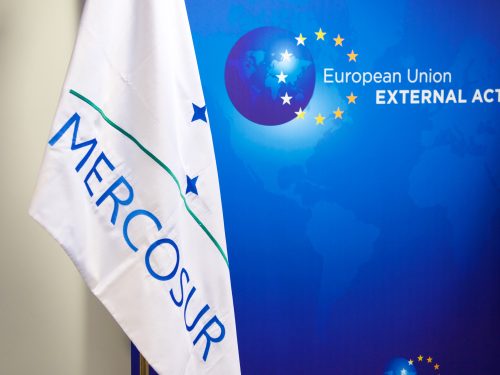News
Share on
Today, the Director General of Confindustria, Francesca Mariotti, spoke at a hearing at the Budget and Finance Committees of the Chamber of Deputies on the Fiscal Simplification Bill, in the context of the examination of Bill C. 3653, converting into law Decree-Law No. 73 of 21 June 2022, on urgent measures on tax simplifications and the issuance of work permits, State Treasury and other financial and social provisions.
Businesses experience on a daily basis a complex, unstable, and costly system that - as we often say - 'ballasts' the country's development, harnessing the activities of taxpayers in a congeries of legislative and bureaucratic rigidity. For Confindustria, simplifying and rationalising the regulatory framework remains a fundamental objective to ensure certainty in the application of rules and consistency of the tax system.
For years, Confindustria has been supporting two proposals that would make an effective contribution to the never-ending simplification process:
- instead of the exhausting, for all, chasing of emergencies, we should develop, in times of 'peace', a framework discipline of tax measures to be introduced in the event of disasters or extraordinary events, with implementation procedures already outlined and agreed between the various administrations;
- it should then be mandatory to use the impact analysis on current regulations, before the introduction of a new requirement for taxpayers.
These are just two of the possible antidotes to the constant piling up of regulations that has generated a disorganised and inefficient system.
In this context, the Simplification Decree - as it is formulated - is not able to provide valid support to businesses, nor to make a decisive impact on fulfilments and the regulatory framework. The measure consists, in total, of 47 articles; less than 30 are strictly fiscal regulations and, among these, those dedicated to businesses can be counted on the fingers of one hand, and wearing the 'hat' of simplification are measures that merely supplement previous provisions or more clearly define their areas of application.
Some interventions on state aid, drug R&D or shell companies are fine, but on the other hand, it is also important to highlight the lack of correctives to the ExtraProfit contribution and of a regulation that definitively frames the VAT nature of monetary differentials generated by derivative contractsThis is necessary to prevent companies from disrupting internal procedures or running the risk of incurring penalties.
Also a significant step - in terms of legal certainty - is the introduction of a certification procedure of investments for the purpose of applying tax credits for investments in research and development, technological innovation, design and other innovative activities. The rule has, however, ample room for improvement: it would be important to extend the certification procedure also to the tax credit in force in the 2015-2019 period and to the other automatic tax measures that refer to extra-fiscal disciplines for the definition of the scope of application. It is also important to ensure a rapid launch of the innovative certification practice and adequate safeguards for the impartiality and independence of certifiers. Moreover, the profiles connected with the cost of the certification procedure should be assessed with caution, so as not to excessively burden businesses, which are already required to fulfil a large number of obligations.
The need for parallel action on the current Administrative penalty regime of undue compensation of tax credits. In particular, in the case of tax credits of a facilitating nature, there is an urgent need to draw a more precise distinction, in the field of administrative penalties, between the cases of undue offsetting of undue credits and non-existent credits, to be traced back to the existence or non-existence of a fraudulent intent, as also clarified by recent rulings of the Supreme Court of Cassation and as well defined in the field of criminal-tax law.




